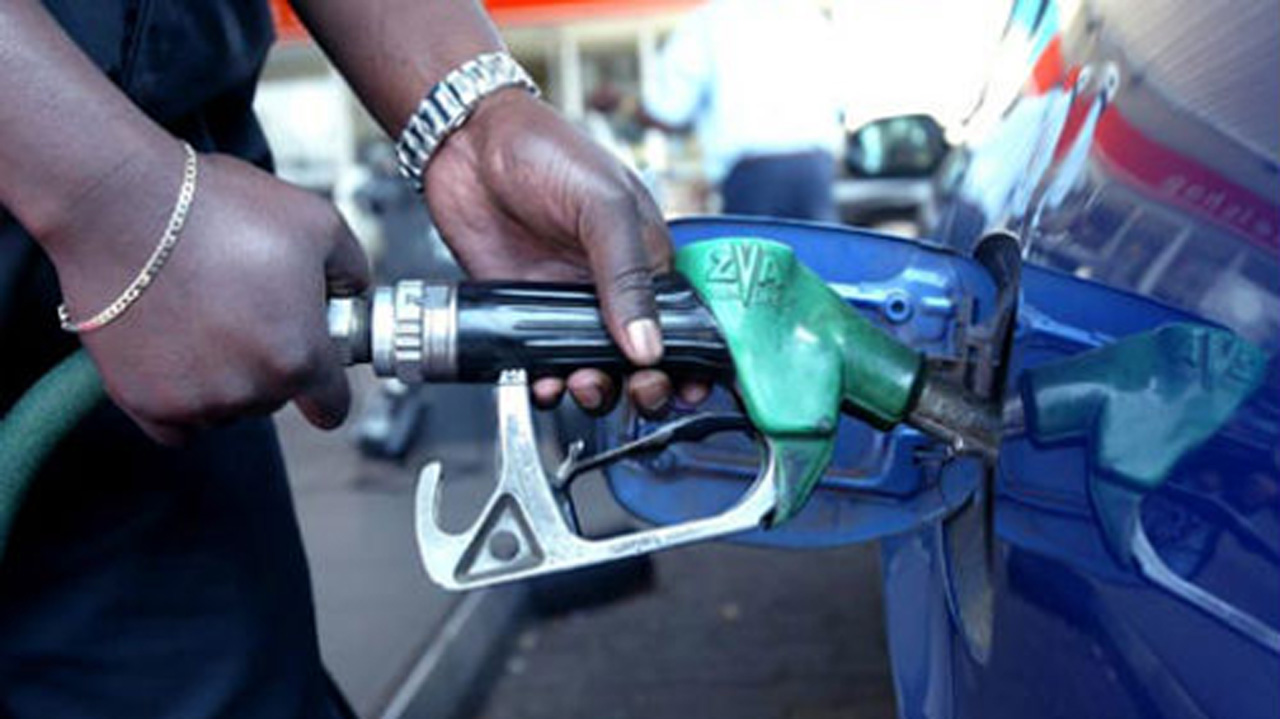Analysts have warned of further hike in the pump price of petrol amid the worsening scarcity of the product across the country.
It would be recalled that the Nigerian National Petroleum Corporation (NNPC) Limited raised petrol prices at its filling stations in Lagos to as high as N855 per liter.
This sharp increase, observed on Tuesday, has seen some NNPC outlets selling fuel between N865 and N897 per liter in Lagos, marking a significant jump from the previous price of N568 per liter.
The scarcity has caused widespread disruption, with motorists enduring long waits at the few stations that have fuel available.
This price hike follows NNPC’s recent admission of its financial difficulties, primarily due to a staggering $6 billion debt owed to international oil traders.
The corporation has acknowledged that this debt is severely hampering its ability to supply petrol to local marketers, leading to widespread fuel shortages across the country.
Energy analysts are sounding alarms over the worsening situation, warning that if immediate actions are not taken, fuel prices could rise even higher.
Bola Kale, an energy analyst at Chapel Hill Denham, warned, “The increase in fuel prices at NNPC stations is a direct reflection of the corporation’s financial struggles. Unless there’s an intervention, we could see prices surge even higher, possibly exceeding N1,000 per liter in some areas.”
READ ALSO: NLC condemns fuel price hike, demands immediate reversal
Kale also highlighted the broader economic implications, noting, “This situation is likely to exacerbate inflationary pressures in the country, as transportation costs soar and the cost of goods and services follow suit. The ripple effect could be severe, impacting everything from food prices to overall economic stability.”
Tunde Adesoji, an analyst with Vetiva Capital Management, echoed these concerns.
“The NNPC’s debt to international oil traders is a ticking time bomb. If not addressed, it could lead to a complete breakdown in fuel supply, forcing prices to skyrocket even further. The government must urgently address this issue to avoid a full-blown crisis,” Adesoji said.
NNPC’s spokesperson, Olufemi Soneye, acknowledged the growing concerns in a statement: “NNPC Ltd. has noted recent reports in national newspapers regarding the company’s significant debt to petrol suppliers.
“This financial strain has placed considerable pressure on the company and poses a threat to the sustainability of fuel supply.”
Soneye further emphasized NNPC’s commitment under the Petroleum Industry Act (PIA) to serve as the supplier of last resort, ensuring national energy security.
READ ALSO: NNPC admits to owing $6bn to petrol suppliers amid lingering fuel scarcity
“We are actively collaborating with relevant government agencies and other stakeholders to maintain a consistent supply of petroleum products nationwide,” he said.
The fuel scarcity has already led to noticeable changes in daily life, with major roads in Lagos and Abuja being less congested as many motorists are unable to move around due to the lack of petrol.
Meanwhile, in a significant development for Nigeria’s energy sector, the Dangote Refinery is poised to begin supplying its first batch of Premium Motor Spirit (PMS) to local marketers within the next 48 hours.
This announcement comes more than a year after the refinery’s launch in May 2023.
At a press conference marking the occasion, Aliko Dangote described the day as a “celebration” for Nigerians and assured the public that the petrol produced at his facility would meet global standards.
“You are now going to have good petrol while the engines of your vehicles will last longer,” Dangote promised, emphasizing that the new product would eliminate engine issues caused by lower-quality fuel.
“The quality here will match that of anywhere in the world; US, America, we will make sure that nobody will beat us in terms of quality,” he added confidently.
Dangote also highlighted the broader economic benefits of the refinery’s operations, predicting that the refinery’s output would reduce the need for fuel imports, thereby saving foreign exchange and stabilizing the naira.
“We will help to restore industry and manufacturing. We will begin real import substitution, saving foreign exchange, earning foreign exchange, which will stabilize the naira, and it will also help bring down inflation and the cost of living,” he explained.

 Entertainment5 days ago
Entertainment5 days ago
 Health1 week ago
Health1 week ago
 Health4 days ago
Health4 days ago
 Football1 week ago
Football1 week ago
 Football1 week ago
Football1 week ago
 Crime4 days ago
Crime4 days ago
 Education6 days ago
Education6 days ago
 Crime1 week ago
Crime1 week ago

